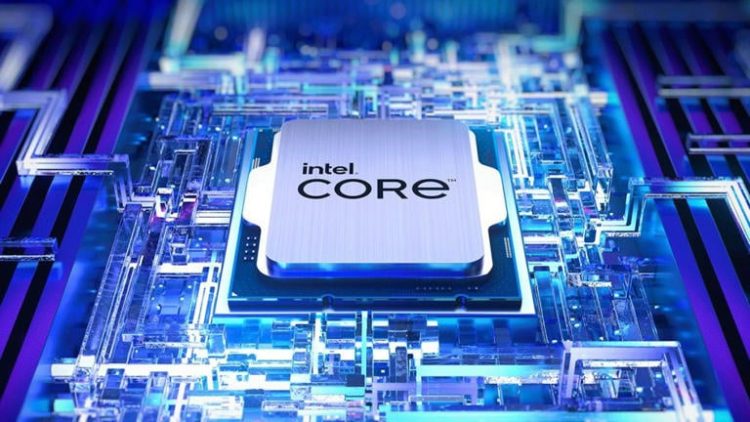Source: community.intel., Pcmag
The “0x129” microcode fix addresses the CPU error but may impact performance in some scenarios. Therefore, Intel is considering other fixes for the “Raptor Lake” processor bug.
A day after Asus and MSI released the software fix to consumers via a beta BIOS update, Intel distributed the “0x129” microcode fix to motherboard vendors. This software bug destabilizes Intel’s 13th and 14th-generation Core desktop chips. It can cause affected processors to run at higher than expected voltage levels, which can cause computers to crash and potentially cause permanent damage. Intel announced that the software fix could affect a chip’s performance in limited scenarios. This includes “moderate effects” in benchmark tests such as “WebXPRT Online Homework” and “PugetBench GPU Effects Score. For the game workloads tested, performance was also within the range from run to run (e.g., Cyberpunk 2077, Shadow of the Tomb Raider, Total War: Warhammer III – Mirrors of Madness), with one exception showing slightly more significant impact (Hitman 3: Dartmoor. However, system performance depends on configuration and various other factors.
Intel also stated that microcode fixes 0x129 would limit voltage requests above 1.55V as a precautionary mitigation for processors that do not show symptoms of instability. While this should improve stability on affected processors, the company hinted that follow-up software fixes could be on the horizon. Therefore, Intel continues investigating mitigations for scenarios that may result in Vmin (minimum operating voltage) drift on potentially affected 13th and 14th Gen Intel Core processors. Intel will provide updates by the end of August. The firmware update is also a precautionary measure for the CPU voltage error. If an affected Intel CPU suffers repeated crashes, the increased voltage levels can permanently degrade the chip.
Meanwhile, Intel’s post on Friday noted that the 0x129 microcode update will only be available through motherboard BIOS updates and not through a Windows OS update. So, affected owners must re-flash the BIOS on their motherboard to properly install the fix. The company added that for unlocked Intel Core 13th and 14th Gen desktop processors, this latest microcode update (0x129) will not prevent users from overclocking if they choose to do so. Users can turn off the eTVB setting in their BIOS if they wish to push above the 1.55V limit. Any overclocking can void the chip’s warranty, Intel mentioned.


